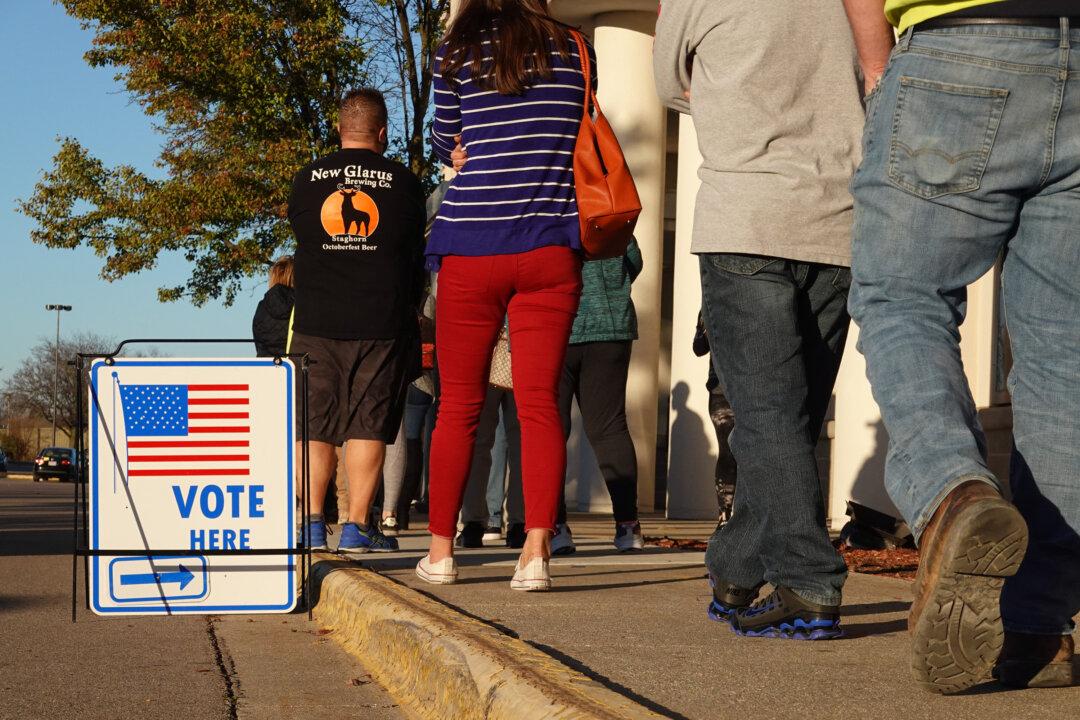Commentary
History has taught us that a ruling establishment is often prepared to take any steps necessary to maintain and increase its power and privilege.

History has taught us that a ruling establishment is often prepared to take any steps necessary to maintain and increase its power and privilege.